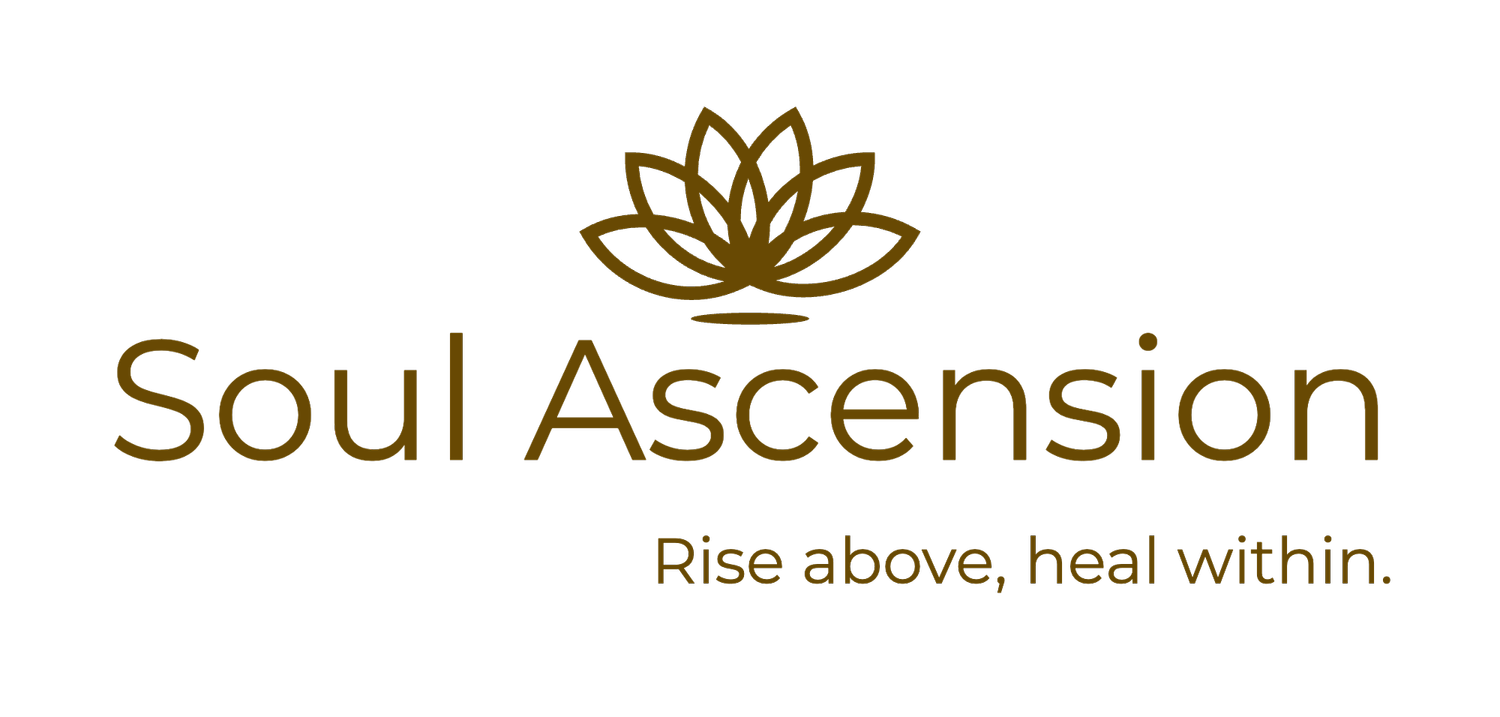Rewriting Inner Narratives: Shifting Cognitive Distortions
We all carry stories.
About who we are.
About what we deserve.
About what people think of us, or how the world works.
But here’s the thing no one tells us growing up: Sometimes those stories were built in survival, not in truth.
When you've lived through trauma, anxiety, or any kind of chronic stress, your brain gets really good at protecting you. Sometimes that protection looks like overthinking, worst-case-scenario spiraling, or bracing for disappointment before it hits.
Enter: ✨Cognitive Distortions✨
These are the tough mental patterns that negatively shape our reality—making everything feel personal, hopeless, or impossible.
Thoughts include, but are not at all limited to:
— “If I don’t get it perfect, I’ve failed.”
— “They didn’t text back, so they must be mad at me.”
— “I’ll never get it right, so why try?”
— “If I don't act now, everything will fall apart.”
— “No one understands me or what I’m going through.”
— “I’m not good enough to succeed.”
— “It’s too late to change, so why bother?”
— “I’ll never be able to handle this.”
— “I don’t deserve to be happy or at peace.”
Sound familiar? You’re not alone—and there’s nothing wrong with you for feeling this way.
These patterns are deeply human. But they’re also changeable.
Thanks to something called neuroplasticity, we now know that you can literally rewire your brain to think in ways that are kinder, calmer, and more honest.
Let’s talk about how to begin.
A Simple, Grounded Practice for Rewriting the Script
1. Notice the Pattern
Start paying attention to your inner monologue.
Catch phrases like “I always mess up,” or “They probably hate me.”
This step alone is powerful because awareness interrupts autopilot.
2. Name the Distortion
Give it a label:
– All-or-nothing thinking
– Mind-reading
– Catastrophizing
– Personalizing
Once you can name it, you create space between you and the thought.
It’s not truth, it’s a lens. And lenses can shift.
3. Offer a Gentle Reframe
Don’t force positivity. Just aim for something more truthful.
Instead of: “I’m a failure.”
Try: “That was a hard moment, and I’m learning.”
Instead of: “Nobody likes me.”
Try: “I feel disconnected right now—and that’s something I can explore.”
Your brain doesn’t need any BS, good or bad. It needs safe, foundational truth.
4. Speak Like You Would to Someone You Love
What if you spoke to yourself the way you would speak to your best friend when they’re spiraling?
Try this next time the critic gets loud:
— “You’re allowed to be human here.”
— “Of course that felt hard. You don’t have to shame yourself for it.”
— “Let’s figure this out together. You’re not alone.”
Your nervous system will thank you.
You’re Not Stuck—You’re in Process
You’re not “too sensitive.”
You’re not “too dramatic.”
You’re someone who learned how to scan for danger—mentally, emotionally, socially—because it felt safer than letting your guard down.
But you don’t have to live in that story forever.
At Soul Ascension Coaching, I help people unlearn the patterns rooted in fear and create a personal narrative that is rooted in self-trust. Together, we’ll collaborate to create language, rituals, and tools that actually work with your real life rather than against it.
Ready to shift your internal dialogue? Book a session by filling out my contact form HERE + follow @lifecoachirelynn on Instagram + TikTok for more nervous system tools, mindset shifts, and honest healing.
Your thoughts are not facts. And your story isn’t over yet.
Let’s write the next chapter with more compassion, clarity, and courage.
